Many animals, including walruses, penguins and monkeys, huddle in groups to keep warm. The centre of a huddle of Emperor penguins can reach 24℃ when the air temperature is as low as -40℃!
Watch a video about how huddling works here!
Many animals, including walruses, penguins and monkeys, huddle in groups to keep warm. The centre of a huddle of Emperor penguins can reach 24℃ when the air temperature is as low as -40℃!
Watch a video about how huddling works here!
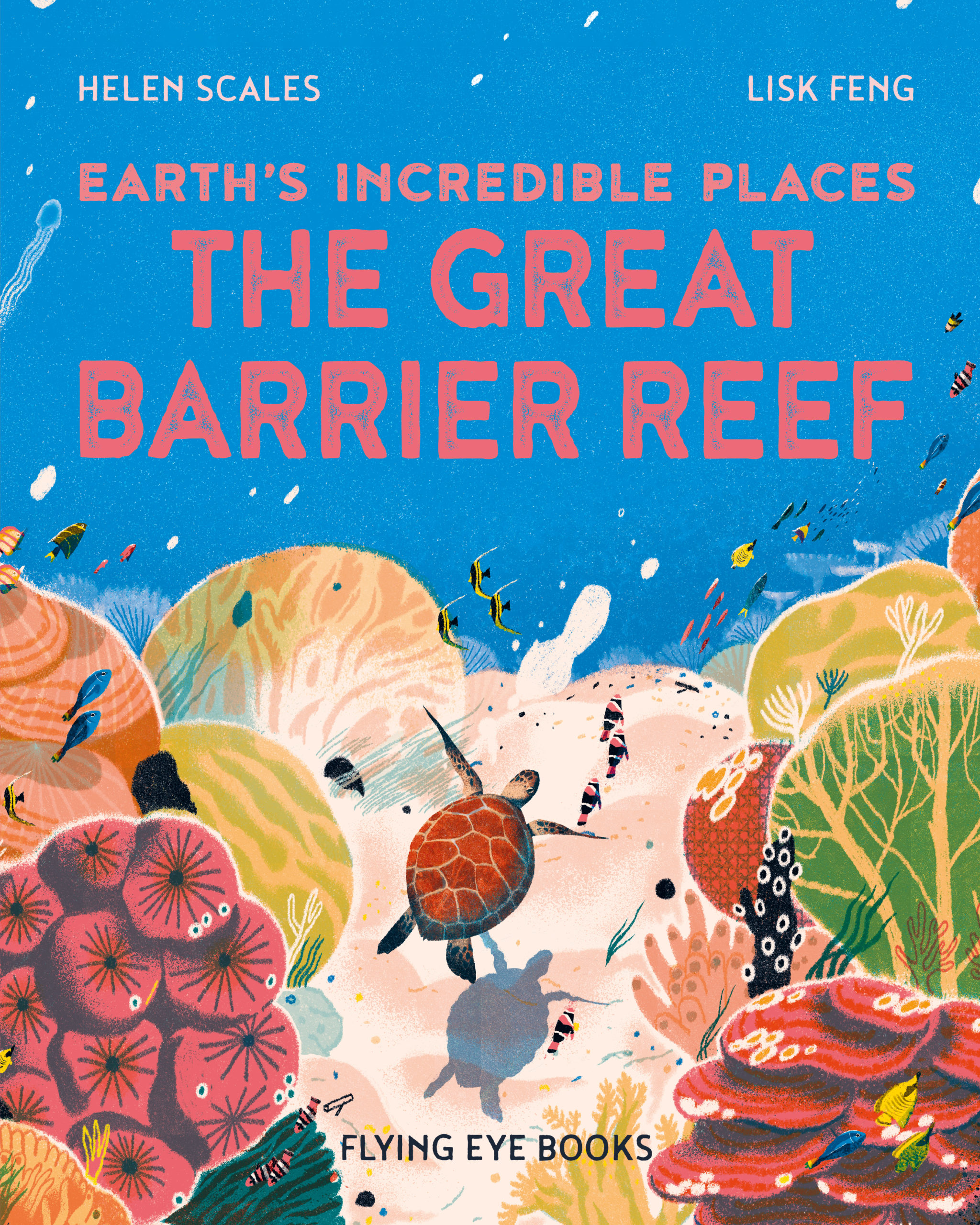

Helen Scales is a marine biologist, writer, broadcaster, teacher and scuba diver who stars as our Science Hero in Whizz Pop Bang 96: Coasts. Read more about her in this issue, now available in our shop. She tells us all about her exciting job, including some of the books she has written, and we’re so excited to have five sets of two of these books to give away to mini marine biologists!
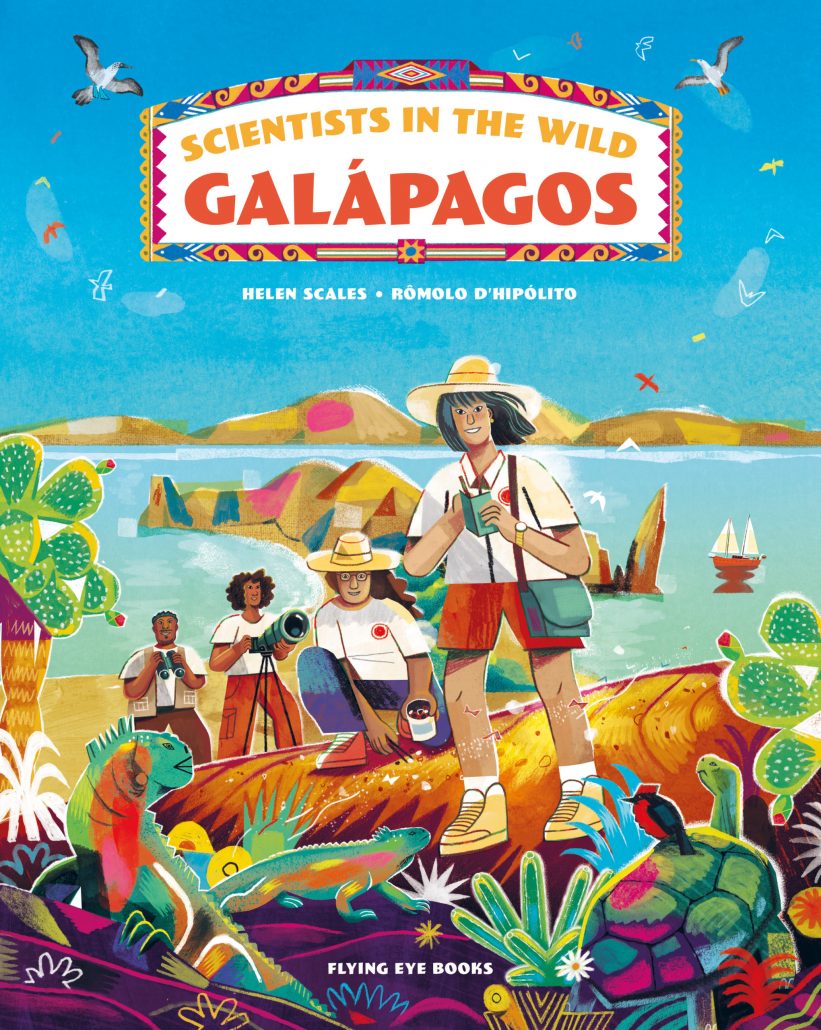
Scientists in the Wild: Galápagos by Helen Scales follows a group of marine biologists as they set sail to study the amazing wildlife and habitats of the Galápagos. To get the job done they will climb volcanoes, get sneezed on by marine iguanas, watch dancing birds, launch a deep-diving submersible and explore the dazzling underwater wonders of Galápagos.
Great Barrier Reef by Helen Scales (released 6th July 2023) introduces this incredible, intricate Australian ecosystem to young readers. Discover the plant and animal inhabitants of the Great Barrier Reef in this beautifully illustrated book, then find out what we can all do to ensure its survival.
To enter the competition, simply answer the following question in the comments:
Where is the Great Barrier Reef?
a) Australia
b) South America
c) Antarctica
The competition closes at midnight on 31st July 2023. For full terms and conditions, please visit: https://www.whizzpopbang.com/terms-and-conditions/.
Want to know more about Whizz Pop Bang – the awesomely amazing science magazine for kids?


Scientists have discovered The Endurance, the lost ship of the polar explorer Ernest Shackleton, at the bottom of the Weddell Sea in Antarctica. Watch a video of the ship sinking here:
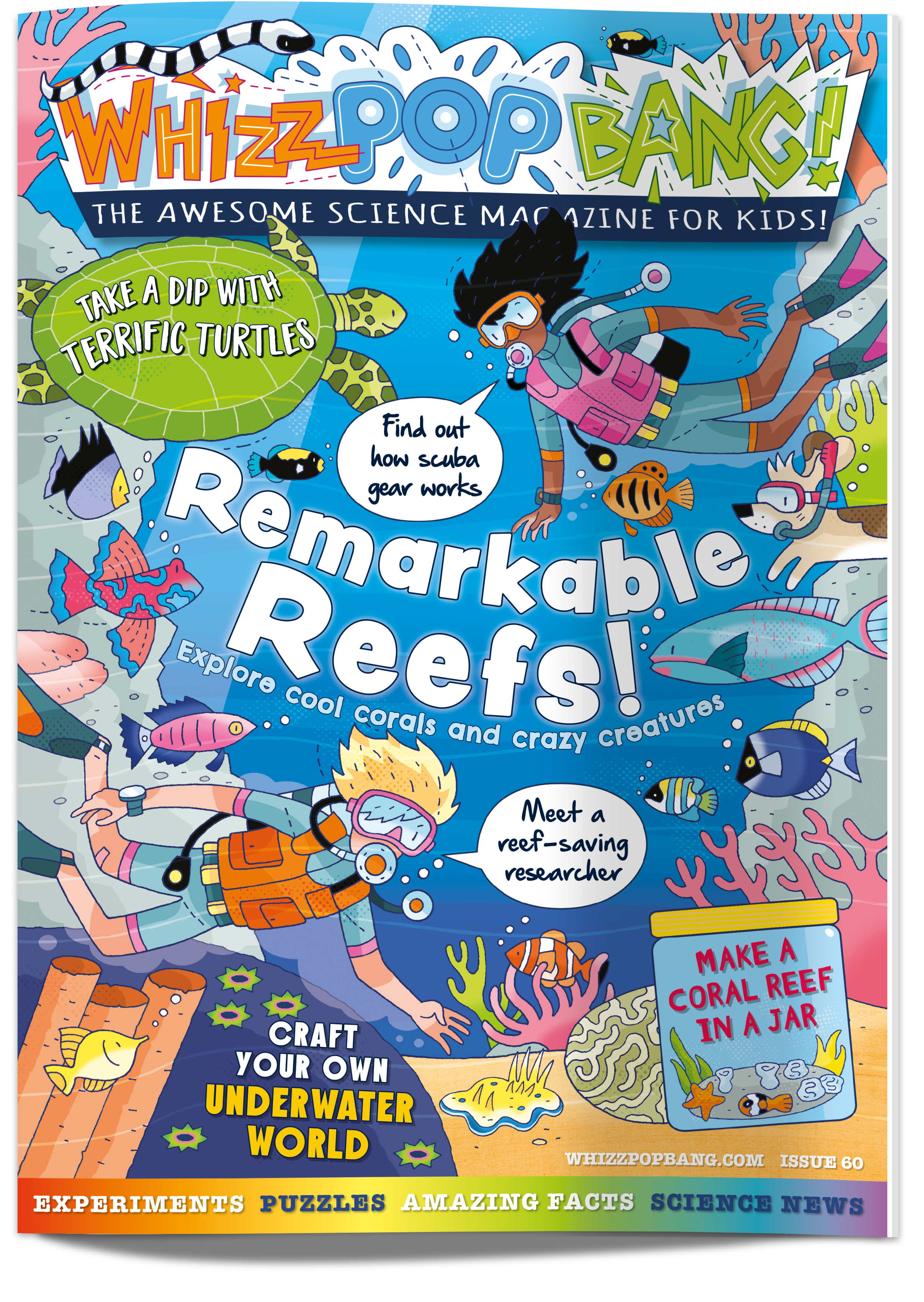
Want to watch an amazing octopus video? Using special skin cells called chromatophores, Caribbean reef octopuses can change colour at high speed to blend seamlessly into their coral home. This allows them to sneak up on prey and hide from predators.
See one in action here!
Discover more awesomely amazing coral reef residents in Whizz Pop Bang: REMARKABLE REEFS, available in our shop now!
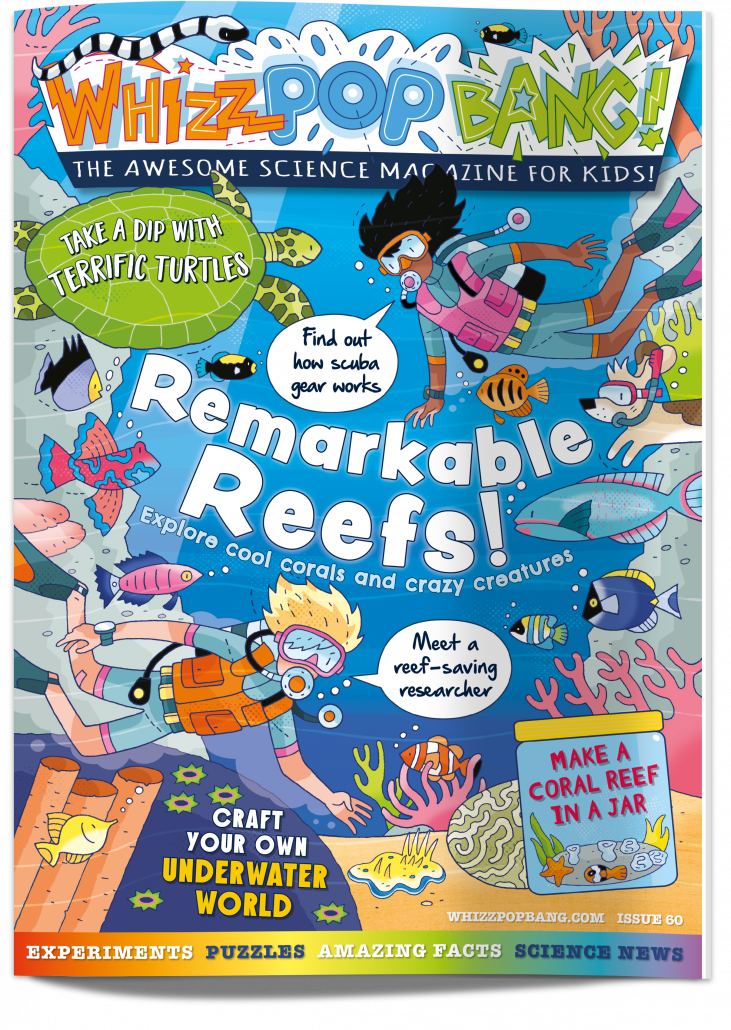
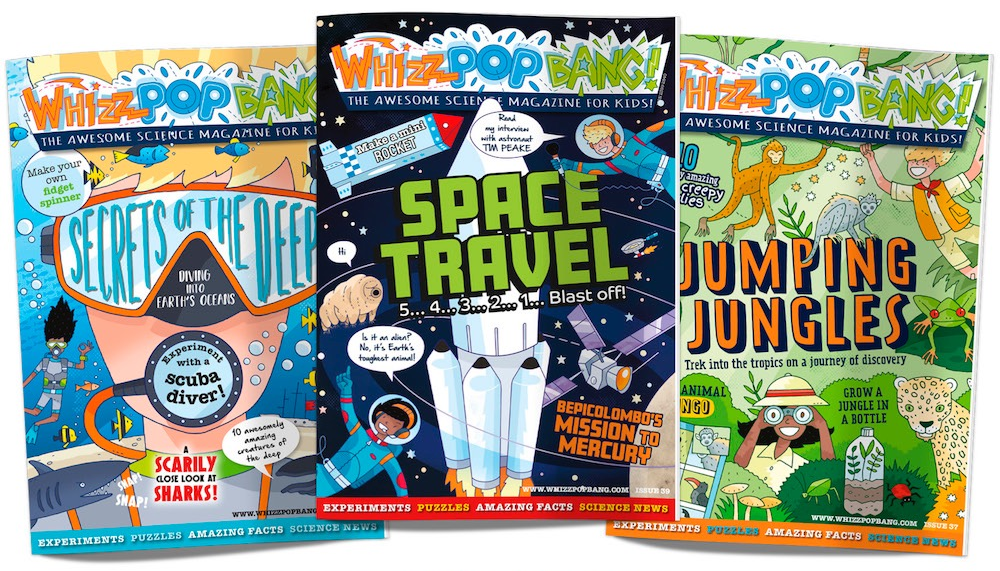
Whizz Pop Bang is a top-quality, gender-neutral, advert-free science magazine for families everywhere. Each issue is packed with experiments, activities, amazing facts, puzzles, jokes, riddles and more. Find out more here!

Have you been reading about coral polyps in Whizz Pop Bang’s REMARKABLE REEFS edition?
This video shows how you can make your own edible polyp using banana, biscuits and sweets. Yum!
Find out more in REMARKABLE REEFS, available in our shop now!
This is great activity for schools teaching Animals, including humans and Living things and habitats at Key Stage 2. If you’re looking for science activities linked to coral reefs, give it a try!

Whizz Pop Bang is a top-quality, gender-neutral, advert-free science magazine for families everywhere. Each issue is packed with experiments, activities, amazing facts, puzzles, jokes, riddles and more. Find out more here!
If you’re wondering how arachnids breathe underwater, you won’t believe this spider’s amazing trick!
Perhaps you’ve been reading about this smart insect in Whizz Pop Bang 56: Splash! Want to find out more? It’s on sale in our science shop!
Tiny water spiders spend their lives underwater, even though they need to breathe air! They collect large air bubbles from the surface and carry them underwater. The bubbles absorb oxygen from the water, meaning each can last more than a day! If you catch one pond dipping, look for a silvery air bubble clinging to its hairy body.
Now that you’ve discovered how water spiders breathe underwater, why not show a friend and amaze them with this fascinating piece of nature?